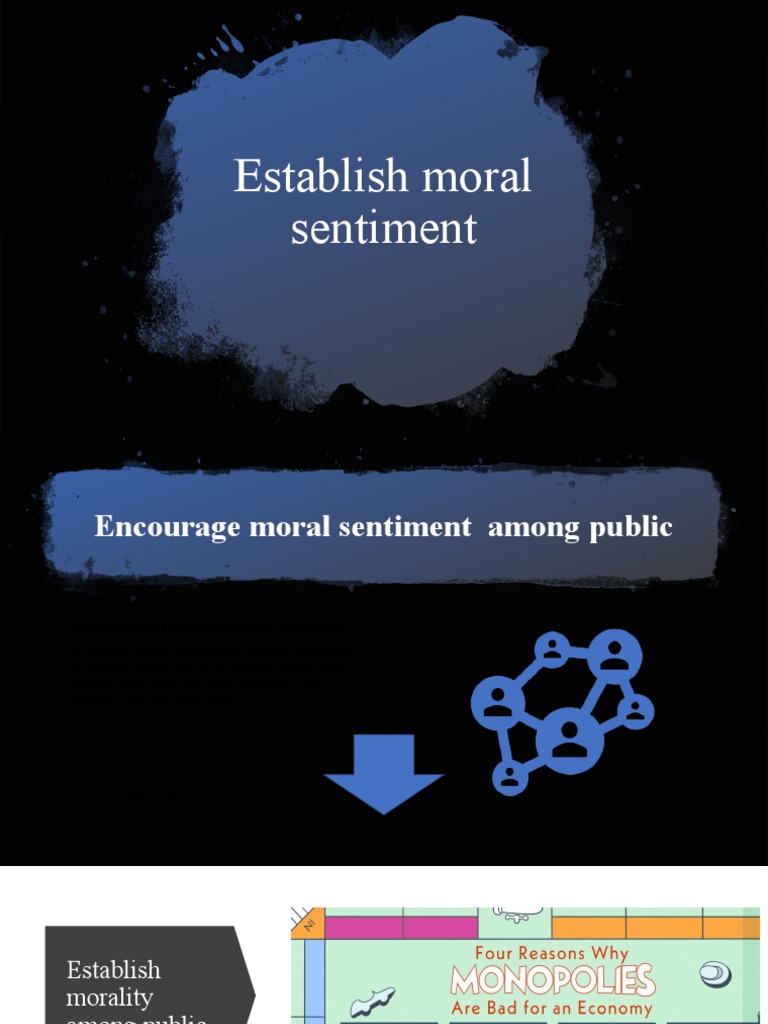The Bahá’í teachings demand an urgent reassessment of our economic paradigms. This critical evaluation is predicated on a fundamental truth: the economy must serve humanity, rather than subjugating it. A moral economy, as envisaged by the Bahá’í Faith, emerges from a synthesis of spiritual principles and social justice, challenging us to adopt a perspective that transcends mere profitability. It beckons individuals and communities alike to participate in a transformative journey that reshapes their understanding of material wealth and ethical accountability.
At the core of Bahá’í teachings lies the belief that the pursuit of material gain should be harmonized with the moral imperatives of altruism and service. This presents a paradox for contemporary society, which often equates success with monetary accumulation. However, within this new paradigm, success is redefined as progress towards collective well-being. The aspiration for a moral economy urges individuals to recognize their interconnectedness and the profound ethical implications of their economic choices.
The Bahá’í principle of the oneness of humanity is foundational to the establishment of a moral economy. It emphasizes that all individuals, irrespective of nationality, ethnicity, or economic standing, share a mutual destiny. When applied to economic discourse, this principle illuminates the disparate impacts of economic policies and practices on various demographics. The repercussions of greed, individualism, and exploitation disproportionately affect marginalized communities, exacerbating inequality and social unrest. Therefore, a moral economy calls for a recalibration of our priorities, advocating for inclusivity and equitable distribution of resources. The Bahá’í perspective implores society to shift from a zero-sum worldview, where one party’s gain is another’s loss, to a paradigm where prosperity is shared and nurtured collectively.
Furthermore, the Bahá’í teachings articulate a distinct vision for wealth creation. It posits that true material progress is derived from the enrichment of both the giver and the receiver. This nuanced understanding of economic interactions suggests a collaborative framework that fosters not only economic advancement but also spiritual growth. The economy should, therefore, be an arena where ethical considerations play an integral role, compelling businesses and entrepreneurs to adopt practices that prioritize stakeholder well-being over sheer profitability. This approach engenders a ripple effect, ultimately augmenting public trust and social cohesion.
A tangible manifestation of these teachings is found in the concept of “consultation.” This Bahá’í principle advocates for collaborative decision-making, built on mutual respect and the consideration of diverse perspectives. In a moral economy, consultation becomes imperative—facilitating the inclusion of varying voices, especially those from traditionally voiceless segments of society. Engaging in open dialogue cultivates a sense of community and shared purpose, transforming the economic landscape into one marked by collective action and responsibility. This cultural shift encourages organizations to prioritize ethical frameworks and social accountability in their operational models.
Moreover, the Bahá’í emphasis on education plays a pivotal role in the collective pursuit of a moral economy. Education empowers individuals to understand the complexities of economic systems, equipping them to challenge and reshape structures that perpetuate inequality. Knowledge fosters critical thinking, enabling communities to advocate for justice and equity. As Bahá’í teachings maintain, the elevation of consciousness through education is imperative—not only for personal development but for the socio-economic betterment of society as a whole. Education becomes the fulcrum upon which balanced economic growth and moral integrity pivot.
In navigating the complexities of modern capitalism, the Bahá’í Faith posits that detrimental practices—such as exploitation of labor, environmental degradation, and unjust resource allocation—must be construed as moral failures. The devastating consequences of climate change and economic disparity demand a radical response rooted in ethical considerations. A moral economy, hence, cannot be achieved without recognizing the importance of sustainable development and environmental stewardship. Individuals and organizations must integrate eco-conscious practices within their economic frameworks, thereby acknowledging the intrinsic link between environmental health and human prosperity.
Additionally, accountability in business practices is a salient feature of a moral economy. In mainstream economics, profit maximization often supersedes ethical considerations; however, the Bahá’í teachings advocate for accountability at all levels of enterprise. Stakeholders must ensure that their actions align with the broader mission of uplifting humanity. Transparency and ethical governance are not merely optional; they are a prerequisite for fostering public trust. In this vein, businesses can cultivate a loyal customer base that values conscientious consumerism, forging a new economic landscape grounded in integrity and ethical responsibility.
In conclusion, the pursuit of a moral economy, as articulated in Bahá’í teachings, represents both a formidable challenge and an extraordinary opportunity. The transition from conventional economic thinking to a paradigm aligned with ethical principles requires discernment, collaboration, and unwavering commitment. By embracing the Bahá’í tenets of unity, education, and accountability, individuals and societies can pave the way toward a regenerative economic model that honors the dignity of all. This imperative not only promises immediate benefits but also secures a more just and sustainable future for the generations to come.
